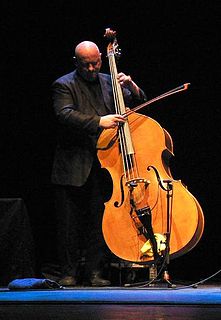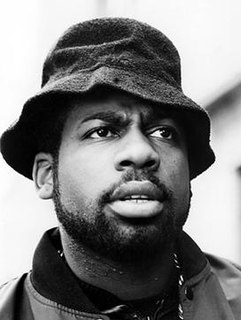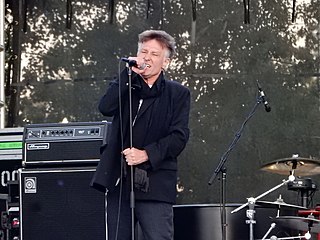A Quote by Gavin Bryars
I have friends who have a CD mastering plant in Hollywood and they are very sceptical about European record labels' understanding of digital technology.
Related Quotes
It's a battle between record company, between producer and between mastering engineer. Because the louder you make your record in a digital process, the more dynamics are squished out of it. Nobody knows exactly what happens, but the dynamics in the performance disappear, and everything is at the same volume.
A lot of people that buy vinyl today don’t realise that they’re listening to CD masters on vinyl and that’s because the record companies have figured out that people want vinyl, And they're only making CD masters in digital, so all the new products that come out on vinyl are actually CDs on vinyl, which is really nothing but a fashion statement.
With this book in my hands, reading aloud to my friends, questioning them, explaining to them, I was made clearly to understand that I had no friends, that I was alone in the world. Because in not understanding the meaning of the words, neither I nor my friends, one thing became very clear and that was that there were ways of not understanding and that the difference between the non-understanding of one individual and the non-understanding of another created a world of terra firma even more solid than differences of understanding.
The history of the music industry is inevitably also the story of the development of technology. From the player piano to the vinyl disc, from reel-to-reel tape to the cassette, from the CD to the digital download, these formats and devices changed not only the way music was consumed, but the very way artists created it.
The history of the music industry is inevitably also the story of the development of
technology. From the player piano to the vinyl disc, from reel-to-reel tape to the cassette, from the CD to the digital download, these formats and devices changed not only the way music was consumed, but the very way artists created it.
I'm old enough to remember the advent of CD. You thought, "What's this piece of space age technology that's in front of me?" Now I ask, "When's the last time you bought a CD?" You see things come and you see things go, and you have to be on your toes and be nimble and stay with it, or you die. It's exciting. I love technology.
There's definitely some sort of dissent brewing between record labels, publishing companies and artists [about the compensation they get from streaming services] Spotify is returning a HUGE amount of money [to the record labels]. If we continue growing at our current rate in terms of subscriptions and downloads, we'll overtake iTunes in terms of contributions to the recorded music business in under two years.







































